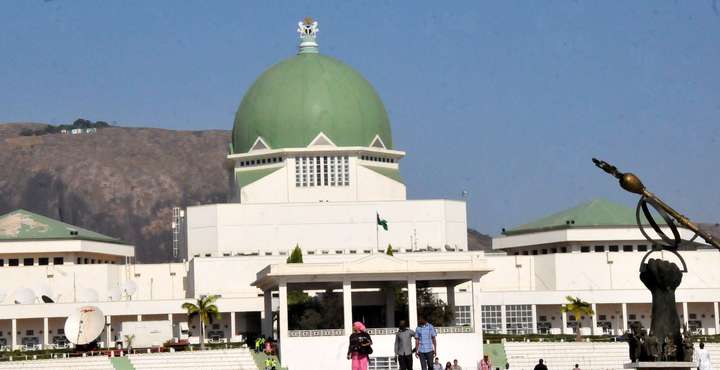By Jimmy
Abuja was declared the capital and Nigeria’s seat of power in 1976 by the Murtala Mohammed regime.
This followed a report by a committee set up to look for an alternative to Lagos which was already overpopulated and was posing a developmental challenge.
Development of the new Federal capital started almost immediately, and in 1991, the Babangida regime moved the seat of power from Lagos to Abuja.
But why was Nigeria’s seat of power moved? And why did they choose Abuja?
SEE: Tinubu govt allocates N12 billion for presidential fleet
Nigeria moved its capital from Lagos to Abuja for several reasons, primarily related to political, administrative, and geographical considerations. The decision to change the capital city was officially made in 1991, and the transition took place over several years.
Here are some of the main reasons for the move:
Geographical Location
Lagos, the former capital, is located on the coast in the southwestern part of Nigeria. The government wanted a more centrally located capital to promote national unity and to reduce regional imbalances in development. Abuja, in the center of the country, was chosen for its more central position.
Overcrowding
Lagos was one of the fastest-growing cities in Africa, and it suffered from issues related to overpopulation, traffic congestion, and inadequate infrastructure. Moving the capital was seen as a way to reduce the burden on Lagos.
Traffic
There has always been the problem of traffic in Lagos, as it was the busiest state in the country. This particular factor was justified when the Head of state (Gen. Murtala Muhammed) who proposed this change was killed in traffic on his way to office in an abortive coup in 1976.
Infrastructure Development
The government aimed to develop a modern and well-planned capital city in Abuja that could accommodate the country’s administrative needs. This included constructing government buildings, roads, and other essential infrastructure.
Political Neutrality
The move was also intended to create a new capital that was not associated with any particular ethnic group or region, as Lagos was primarily Yoruba-dominated. Abuja was seen as a neutral location that could help foster national unity.
READ: 7,000 pharmacists have left Nigeria within two years– PSN
Security

From the picture above, you will see that Lagos in the time of war can easily be penetrated through the neighboring country (Republic of Benin) and via water. Compared to Abuja, which is landlocked and in the middle of the map; this makes it less penetrable in times of insecurity. Here, the President is safer compared to when in Lagos.
The new capital’s central location made it more defensible in the event of security threats or conflicts.
The transition was a significant undertaking, and the move to Abuja was phased in over several years, with government offices and embassies gradually relocating to the new capital. The official inauguration of Abuja as the capital took place on December 12, 1991, during the Babangida regime.
Since then, Abuja has become the political and administrative center of Nigeria, while Lagos continues to be an economic and commercial hub.








